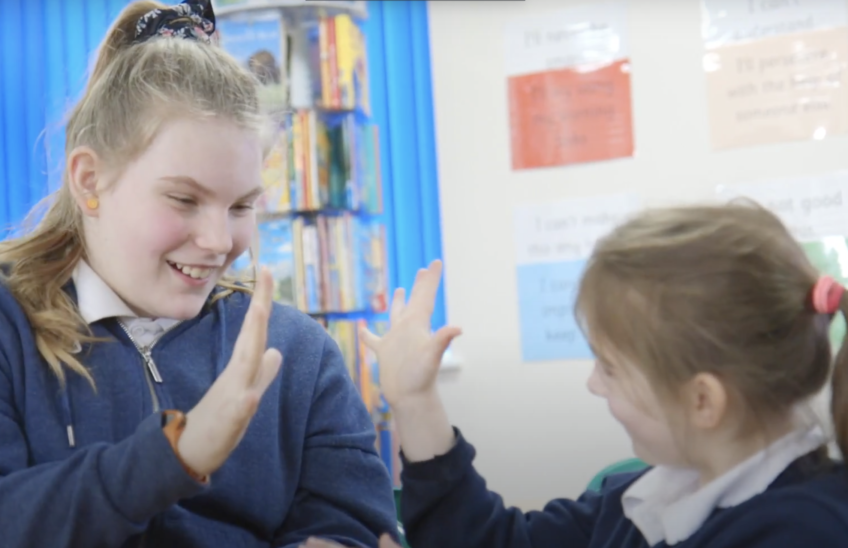Just what is confidence? I once watched an interview with tennis star, Andy Murray, immediately after he won the US Open in 2012, only a few months after he became Olympic Champion. He described how he had lost confidence in himself after winning the Olympic gold medal and could not see himself winning the US Open. I was fascinated to learn how an Olympic champion could lose confidence so quickly. This proved to me what I had always thought – that confidence comes and goes; it is a transient and fickle quality which is easily affected by many extenuating circumstances.
So, let’s examine confidence more closely. Self-confidence is the ability to trust in our qualities, abilities and decisions. Confidence comes from success; from expecting to succeed; from an inner knowing you can do something well. However, it is very specific. When at school, I was very confident when it came to languages but I was bottom of the class in science subjects. As a PE teacher, I saw many young people struggle with academic classroom experiences but thrive in a sporting arena, and similarly, there are many ‘bookworm boffins’ who struggle to interact socially.
Through the thousands of interactions and conversations I have had with teenagers in schools across the world, it will come as no surprise to you that a very high percentage of school-aged people have very low levels of self-confidence. Of course, we need to clarify what constitutes confidence and how we measure self confidence when developing courses for confidence building in schools. As a general rule of thumb, my experiences reliably inform me that too many young people really are lacking in the ability to believe in themselves and present themselves in a positive way.
Ironically, because of the way our education system was created and subsequently administered, school life itself is actually one of the root causes of low confidence. Any system that focuses on weaknesses, not strengths, grades not attributes, and outcomes not processes will surely very quickly drain confidence in already vulnerable young people. Teenagers tell me every day that they are paralysed by the fear of failure and groan with dread at the mere mention of exams.
Over the past twenty years, education has experienced an explosion of experts, consultants and coaches, all ready to introduce the latest fad. There has been a real emphasis placed on high-quality teaching and learning, developing professionals to ensure they are providing the highest quality instruction for students. Examine the motives of this drive for greater professionalism and improved productivity more closely and you’ll find it lies simply with Ofsted inspections and school performance tables that have created a culture of absolute fear that is associated with a poor harvest of exam results.
Imagine if we spent as much time, money and energy training teachers and staff to become as good at developing confidence building activities for students as they are at teaching Maths or English. Imagine if all school teaching staff were experts in developing confidence-building workshops for students. Imagine if we used research money to develop a rubric for measuring and monitoring levels of confidence in the same way that we have spent billions on the data collection systems used to patrol student attainment. What kind of positive effect would that have on each individual student, on schools and communities, on society, on the world? What an incredibly powerful thought. How would this help abate the global epidemic of mental health issues amongst young people?
Graham Moore is the Co-Founding Director of humanutopia, an organisation that since 2004 has positively affected the lives of almost half a million young people across the world. The programmes that Graham has created and delivered are award-winning and highly acclaimed and his understanding of and insights to young people are highly sought-after.















